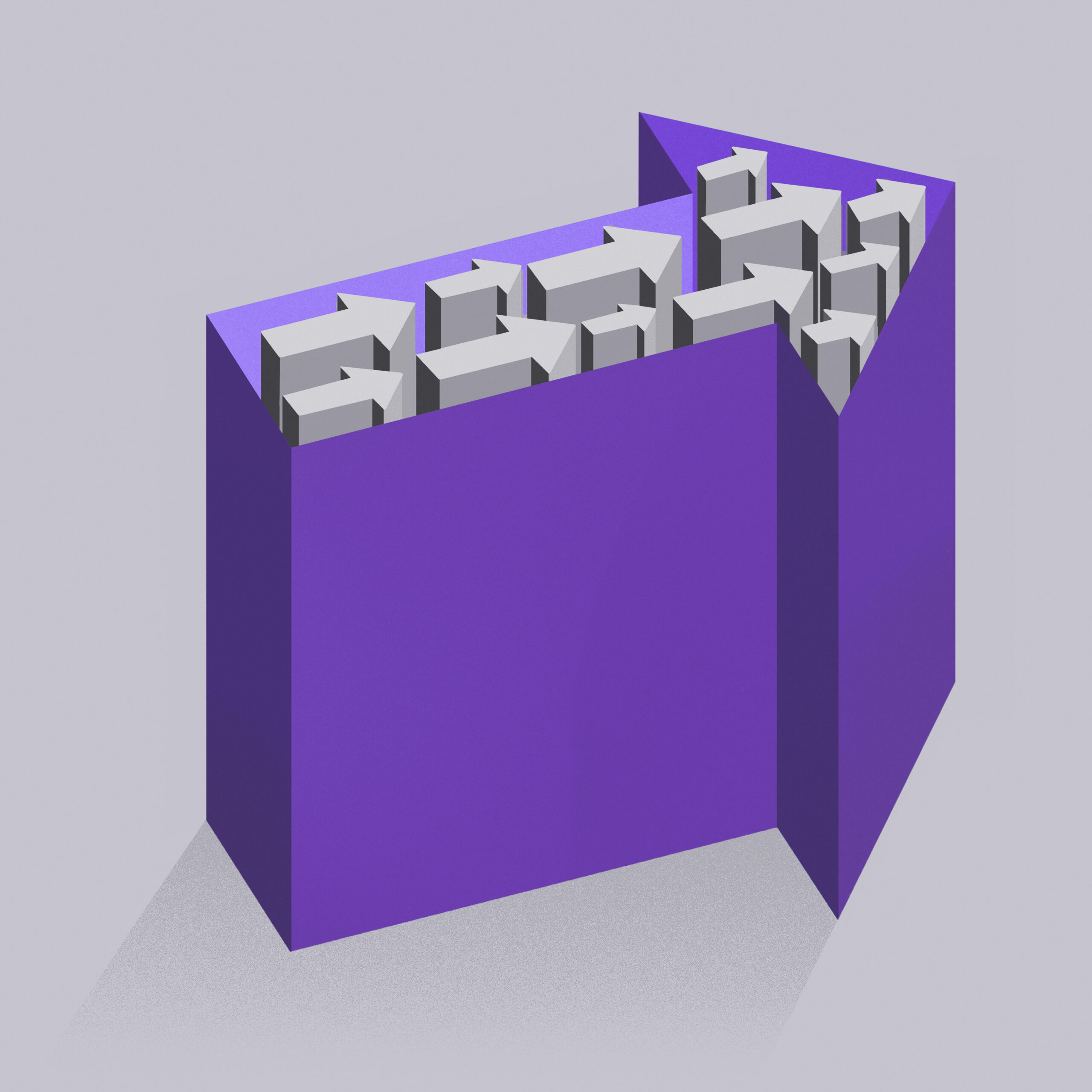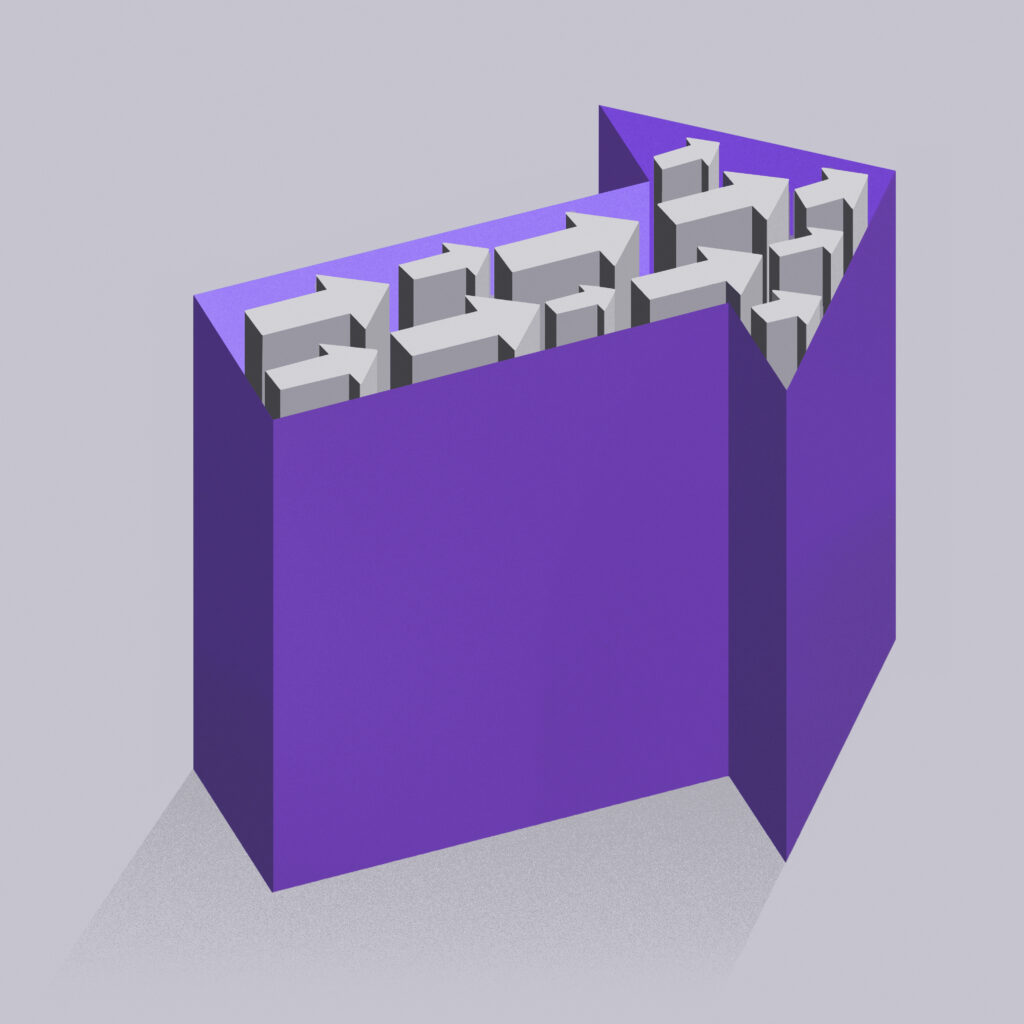Rakvere meat industry labor dispute with the slaughterhouse workers’ union


The problem
In October 2017, 27 of 64 employees of the Rakvere meat plant’s slaughterhouse organized an illegal shutdown requiring a 50 to 100% increase in wages. The negotiations did not bring the parties closer together, not even with the intervention of the Public Conciliator. On December 14, 2017, the company announced an increase in the total payroll fund of the company by 5% in the spring of next year, to which the union responded with an announcement that an indefinite strike would start from February 6, 2018. The strike involved some twenty workers, but it lasted more than two months and became the longest downtime in Estonia. The increase in the payroll fund in the spring, as planned, put an end to the strike. The media covered every step of the half-year crisis extensively, often as headlines.
Solution
Throughout the crisis the company was under great pressure for full transparency and the publication of detailed salary data. The workers’ union accused the company of emotional speeches, as well as of slavery, although the wages were above the market median according to national salary surveys. As common to a listed company, much of the data contained business secrets and are protected by the Employment Contracts Act, and therefore the company could not disclose the information.
Nevertheless, company representatives were always available to the media throughout the crisis and explained the situation as much as possible. This meant a dramatic increase in the workload for the company’s communication manager. And here META was able to come and help, providing the company with much-needed extra resources for monitoring media and social media, and dealing with media inquiries. A lot of misinformation was spread around that was crucial to refute as quickly as possible.
On the most intensive days our consultant worked in the company’s office.
In addition, META played an important role in wording messages, communicating with journalists, searching for allies, and in the ongoing monitoring and evaluation of media coverage (including social media).
The communication strategy was chosen together with the company, and focused on the long term: to maintain credibility. For that purpose we had to be accessible, calm, consistent, respectful of all employees (including strikers) and develop fair long-term solutions to increase employee satisfaction. Throughout the crisis, internal communication was central. Even on the first day of the strike, when every national media source was present before the Rakvere plant, the top manager of the company spent most of his time communicating with the employees.
Results
Although the company’s reputation was damaged in the long crisis, it did not affect brand strength: The sales volume of Rakvere and Tallegg products did not fall. Through continuous internal communication, the company managed to prevent the strike from spreading to other departments and units of the company. The company has continued to invest in Estonia and the positive news has left the crisis a thing of the past. There have been internal changes in the management of the company, where employees have more opportunities to have a say and employment relations are in good condition.
Improving the company’s overall reputation is a long-term goal. In order to achieve that, the company continues to be visible in the public more than before, and openly shares news about its activities as well as industry expertise.

